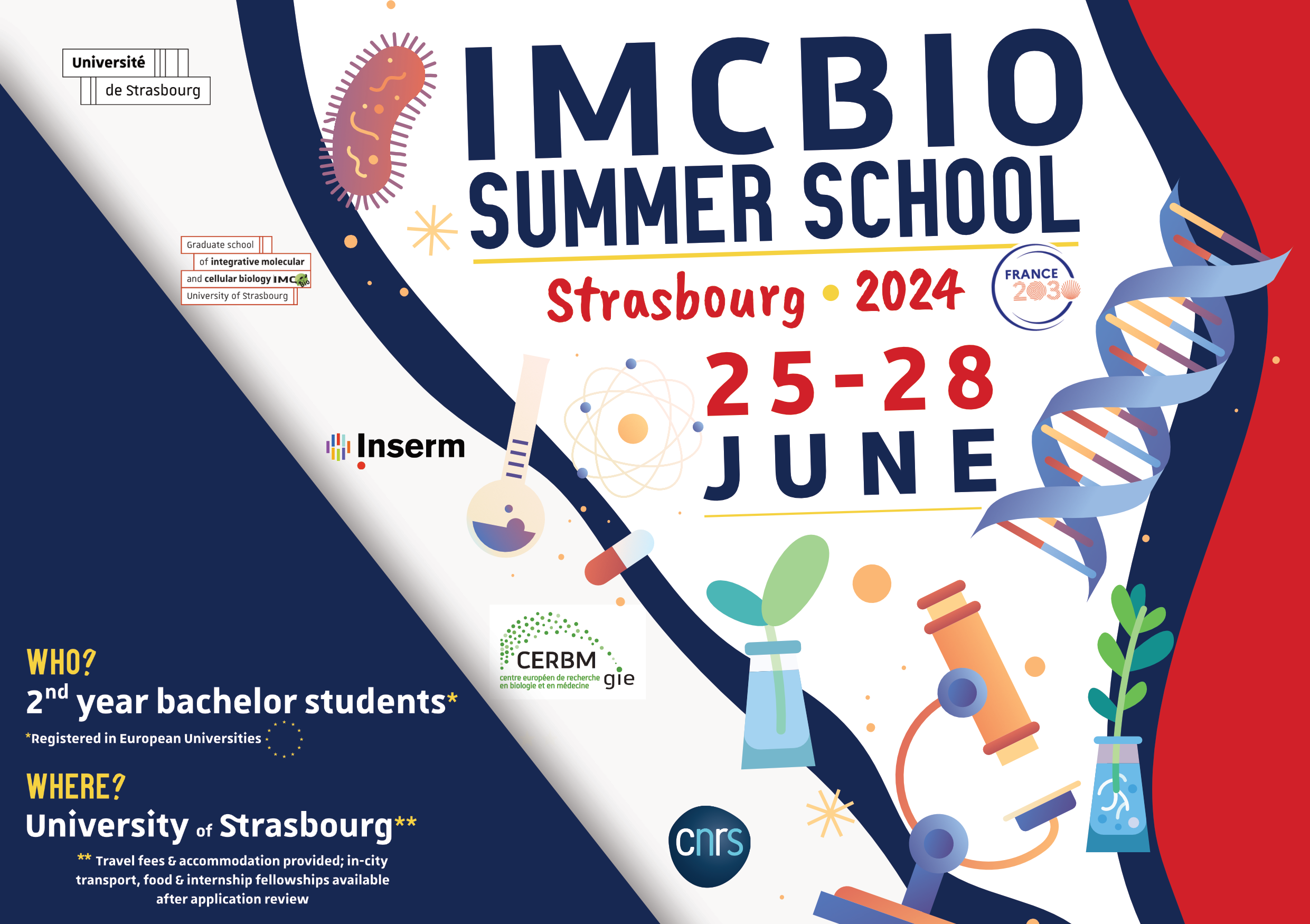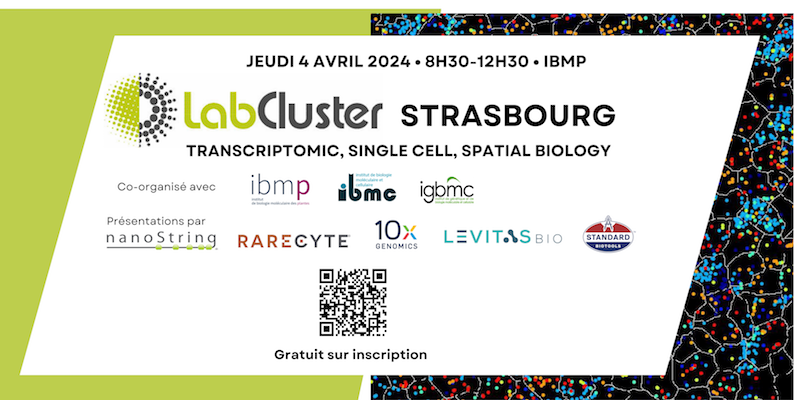Top News
Actuality
ActualityAll news
What is ITI IMCBio+? Special session on biology with ITI IMCBio+ for ITI IRMIA++
The Interdisciplinary Thematic Institute IRMIA++ proposes a special session on biology, inviting...
µNET Seminars – May 13th and 14th, 2024
Dear colleagues, We are delighted to invite you to the µNet ZOOM-seminars on May 13th and 14th,...

Welcome to the Research Cluster Regulatory RNA networks in response to biotic and abiotic stresses | NetRNA
The NetRNA consortium, coordinated by Dr. Ivan Tarrasov, gathers 13 CNRS teams working on different aspects of genes expression regulation by RNA in various organisms (Institut de Biologie Moléculaire et Cellulaire and Institut de Biologie Moléculaire des Plantes). These teams are respectively leaded by: Sébastien Pfeffer, Roland Marquet & Jean-Christophe Paillart (associated team), Pascale Romby and Michael Ryckelynck (UPR 9002), Jean-Luc Imler, Joao Trinidade Marques, Nicolas Matt and Carine Meignin (UPR 9022), Todd Blevins, Dominique Gagliardi & Helène Zuber, Pauline Jullien, Manfred Heinlein (associated team) and Pascal Genschik (UPR 2357).
The general objective of the NetRNA network is to advance knowledge on functions of the regulatory RNAs, mainly small ncRNAs, their targets and mechanisms. Our main objective is to integrate these regulatory RNAs into the general network of gene expression in a variety of pathogens (bacteria, viruses, parasites) and of organisms such as plants, insects, and mammals. A special focus will be directed towards regulatory RNAs that play a role in development, stress-related responses, immune responses, host-pathogen interactions, and in human diseases.








